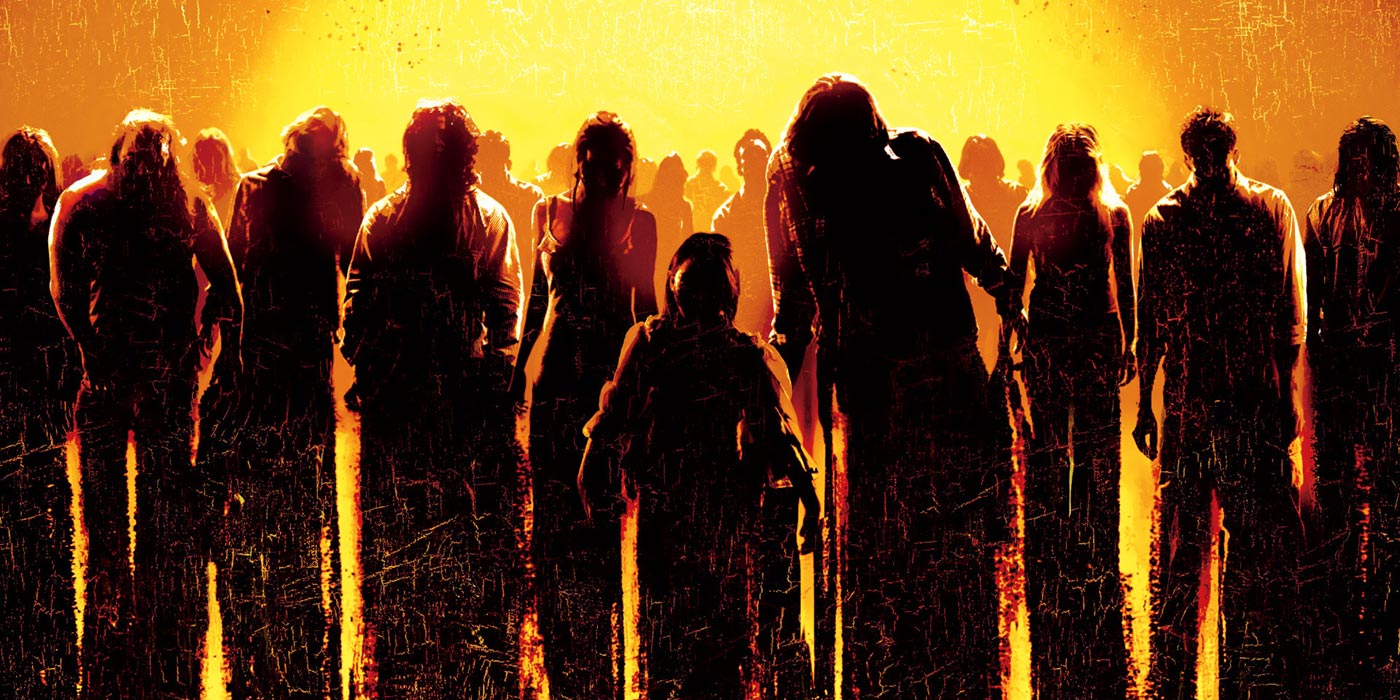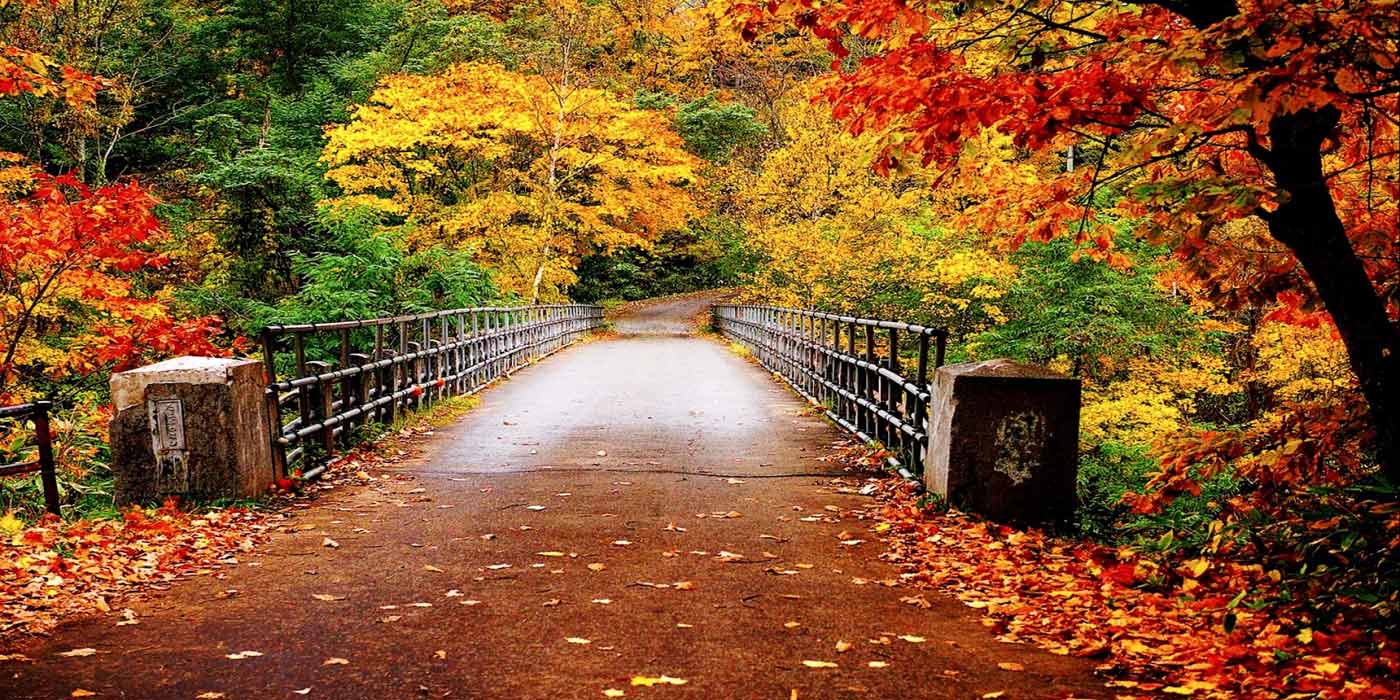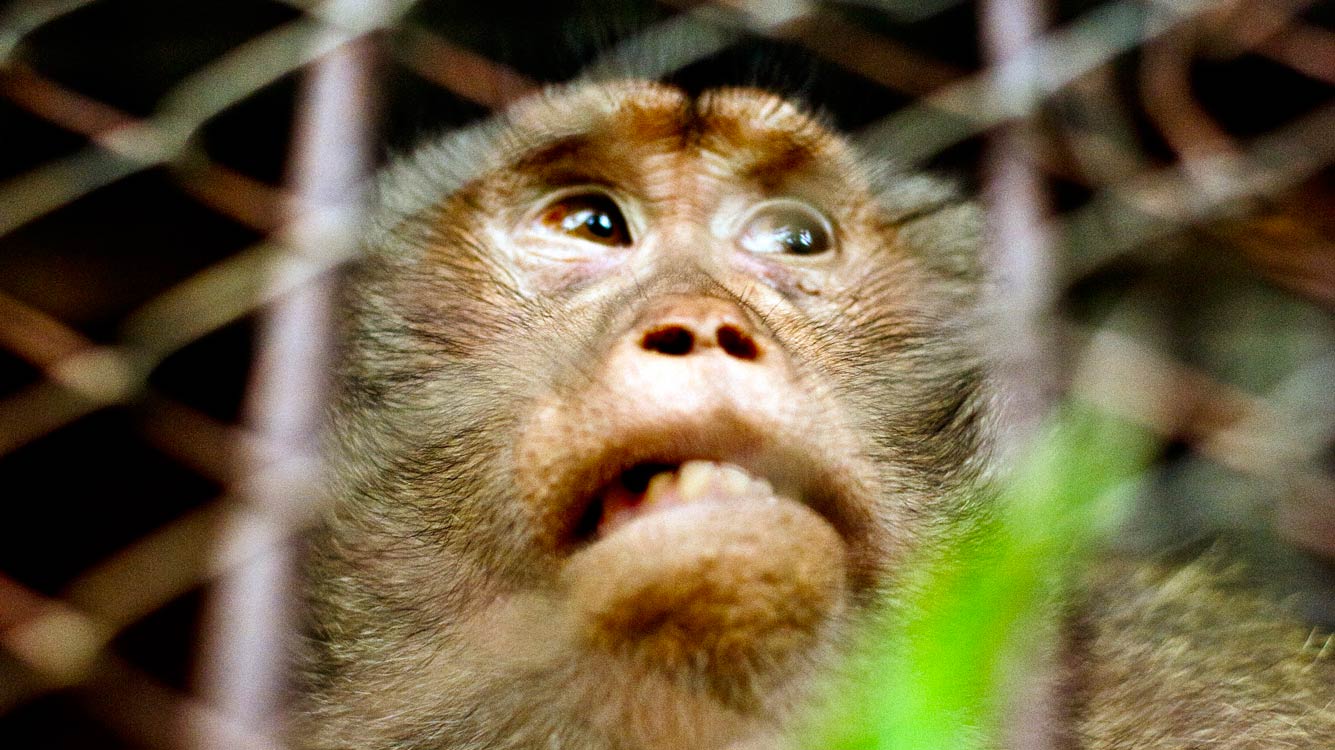The Modern Zombie Apocalypse: An Exploration of Our Collective Descent into Mindless Consumerism and Environmental Devastation
In the waning days of humanity’s self-declared dominion over Earth, an insidious plague has taken root, spreading like wildfire through every corner of the globe. Unlike the zombie apocalypses of our imaginations—replete with rotting flesh, vacant stares, and mindless shuffling—this modern-day infestation is far more subtle, yet infinitely more dangerous. The zombies of today don’t stagger through the streets in search of brains; they glide down the aisles of mega-malls, click mindlessly through e-commerce websites, and feast not on human flesh, but on the carcass of the planet itself. In this hyperbolic tale of caution, let’s unravel the true horror of our times: the mindless consumerism that threatens to devour not just our souls, but the very Earth we inhabit.
Dazed and Confused: The Hollow Mind of the Modern Consumer
In the annals of human history, never before has there been a species so thoroughly divorced from the consequences of its actions as the modern consumer. These walking dead, with their glazed eyes fixed on the latest smartphone, designer handbag, or ultra-processed snack, are utterly oblivious to the trail of destruction they leave in their wake. Ask one of these zombies where their food comes from—whether it’s the avocado toast they Instagrammed at brunch or the beef patty sizzling on their backyard grill—and you’re likely to receive a blank stare, a stammered half-answer, or a dismissive wave of the hand.
The modern zombie is dazed, stumbling through life in a haze of advertising jingles and influencer endorsements. They are confused, unable to comprehend the intricate web of exploitation that brings their favorite products to store shelves. The factory-farmed animals, the sweatshop laborers, the polluted rivers—they are all invisible to these unseeing eyes. And why should they care? After all, the world as they know it is a paradise of convenience and comfort, where desires are fulfilled at the click of a button, and consequences are someone else’s problem.
Trouble Speaking: The Incoherent Babble of the Unreflective
When prompted to engage in critical thought or serious reflection, the modern zombie is at a loss. Their speech, when it can be coaxed out of them, is a jumble of justifications, rationalizations, and outright nonsense. “It’s just the way things are,” they mumble, when asked about the environmental impact of their latest gadget. “Everyone else is doing it,” they say, when questioned about their carbon footprint. And the most chilling of all: “I can’t make a difference.”
This inability to articulate a coherent response to the challenges of our time is not merely a symptom of ignorance—though there is plenty of that to go around. It is a reflection of a deeper malaise, a spiritual rot that has set in at the core of our culture. The modern zombie cannot speak with any depth or conviction because they have been hollowed out, stripped of the capacity for meaningful thought by a lifetime of consumerist conditioning. They are, in every sense, the living dead: bodies animated by consumption, but devoid of true life.
Moaning and Groaning: The Lamentations of the Privileged
Yet for all their mindless consumption, the modern zombies are not content. No, they are far from it. Listen closely, and you will hear their incessant moaning and groaning, a ceaseless litany of complaints about the trivial inconveniences of their pampered existence. “The Wi-Fi is too slow,” they whine. “The service at the restaurant was terrible.” “I can’t believe the price of organic kale has gone up.”
These lamentations are the cries of a species that has lost all sense of perspective, that has forgotten what true hardship looks like. In their insulated bubbles of privilege, the modern zombies consider their problems to be the most pressing in the world, ignoring the suffering of billions who live without access to clean water, basic healthcare, or a stable food supply. The zombies are not just ignorant; they are willfully blind to the realities of life beyond their own narrow experience.
Location, Location, Location: The Haunts of the Undead
If you seek out the modern zombie, you needn’t look far. They are drawn, like moths to a flame, to the temples of consumerism that dot the landscape: the shopping malls, the big-box stores, the gleaming supermarkets with their endless aisles of processed delights. Here, in these artificial environments, the zombies are in their element, wandering the aisles in search of the next hit of dopamine that only a new purchase can provide.
These locations are more than just places to shop; they are the sacred spaces of a culture that worships at the altar of consumption. The zombies gather here not just to buy, but to commune with their fellow undead, to revel in the shared experience of mindless acquisition. It is in these spaces that the true horror of the modern world is laid bare: a society so obsessed with material wealth that it has lost all connection to the things that truly matter.
Easily Distracted: The Allure of Sensory Overload
The modern zombie is easily distracted, unable to resist the lure of bright lights, loud noises, and flashy screens. Whether it’s the glow of a television, the blare of a car stereo, or the flicker of a smartphone, the zombies are drawn to sensory stimulation like moths to a flame. This constant barrage of stimuli keeps them in a state of perpetual distraction, preventing them from ever stopping to think, to reflect, to question the world around them.
In this state of sensory overload, the zombies are kept docile, their critical faculties dulled by the constant stream of entertainment and advertising that bombards them from every angle. They are, in a very real sense, prisoners of their own desires, trapped in a cycle of consumption and distraction that leaves them incapable of seeing the world as it truly is.
Shallow Values: The Fetishization of Consumer Goods
At the heart of the modern zombie’s existence lies a deep, unshakeable belief in the value of consumer goods. They measure their worth not by their character, their deeds, or their relationships, but by the brands they wear, the cars they drive, and the gadgets they own. To the zombie, a life without the latest iPhone, the trendiest fashion, or the most luxurious car is a life not worth living.
This fetishization of consumer goods is not just a harmless quirk of modern society; it is a sickness, a pathology that has infected the very soul of our culture. The zombies have lost all sense of what is truly valuable, trading in their humanity for a collection of meaningless trinkets. They are, in every sense, the walking dead: bodies animated by consumption, but devoid of true life.
They Eat Flesh: The Carnivorous Compulsion
Perhaps the most disturbing aspect of the modern zombie is their voracious appetite for flesh. Whether it’s a juicy steak, a crispy strip of bacon, or a succulent chicken breast, the zombies are relentless in their pursuit of animal flesh. They consume it with a zeal that borders on the fanatical, oblivious to the suffering and environmental destruction that their carnivorous compulsion entails.
This insatiable hunger for meat is not just a personal preference; it is a symptom of a deeper problem, a disconnection from the natural world that allows the zombies to view animals not as sentient beings, but as mere commodities to be consumed. In their quest for flesh, the zombies are contributing to the destruction of the planet, as factory farming wreaks havoc on ecosystems, drives species to extinction, and accelerates climate change.
Unconscious Consumer: The Mindless Consumption of Resources
The modern zombie is an unconscious consumer, taking far more from the world than they give back. They consume without thought, without reflection, without any consideration of the impact their actions have on the planet and its inhabitants. Whether it’s the endless consumption of fossil fuels, the rampant deforestation to make way for more farmland, or the mindless use of single-use plastics, the zombies are relentless in their quest to consume.
This unconscious consumption is driving the planet to the brink of collapse. The zombies, in their insatiable hunger for more, are depleting the Earth’s resources at an alarming rate, leaving behind a wasteland for future generations. They are, in every sense, the architects of their own destruction, blindly consuming until there is nothing left to consume.
Destructive Behavior: The Path of Environmental Devastation
The modern zombie is blind to the consequences of their actions, engaging in behavior that is destructive to themselves, to others, and to the environment. They smoke, they drink, they indulge in narcotics, all the while ignoring the toll these behaviors take on their bodies and minds. But it is their environmental destruction that is the most damning of all.
From the burning of fossil fuels to the overuse of water resources, the zombies are driving the planet to the brink of ecological collapse. They are cutting down forests, polluting oceans, and driving species to extinction, all in the name of progress and profit. They are, in every sense, the walking dead: bodies animated by consumption, but devoid of true life.
Blood on Their Hands: The Grim Reality of Complicity
The modern zombie is complicit in a global system of exploitation and death. Whether they are aware of it or not, their lifestyle comes at the fatal expense of others. The food they eat, the clothes they wear, the gadgets they use—all are stained with the blood of those who suffer to produce them.
From the factory farms where animals are raised in appalling conditions, to the sweatshops where workers toil for pennies a day, the zombies are participants in a system of global injustice. They are, in every sense, the walking dead: bodies animated by consumption, but devoid of true life.
Conclusion: The Call to Awaken
In this dark and twisted tale of modern life, the zombies are not the stuff of horror movies—they are us. We are the walking dead, stumbling through life in a daze of consumerism, oblivious to the destruction we are causing. But it is not too late. There is still time to awaken from this nightmare, to break free from the cycle of mindless consumption and begin to live with purpose and intention.
We must learn to value the things that truly matter—our relationships, our health, our planet—over the shallow trinkets of consumerism. We must reject the false promises of the advertising industry and embrace a more sustainable way of living. We must, in short, reclaim our humanity from the grip of the modern zombie apocalypse. And in doing so, we might just save ourselves—and the world—from the brink of disaster.



